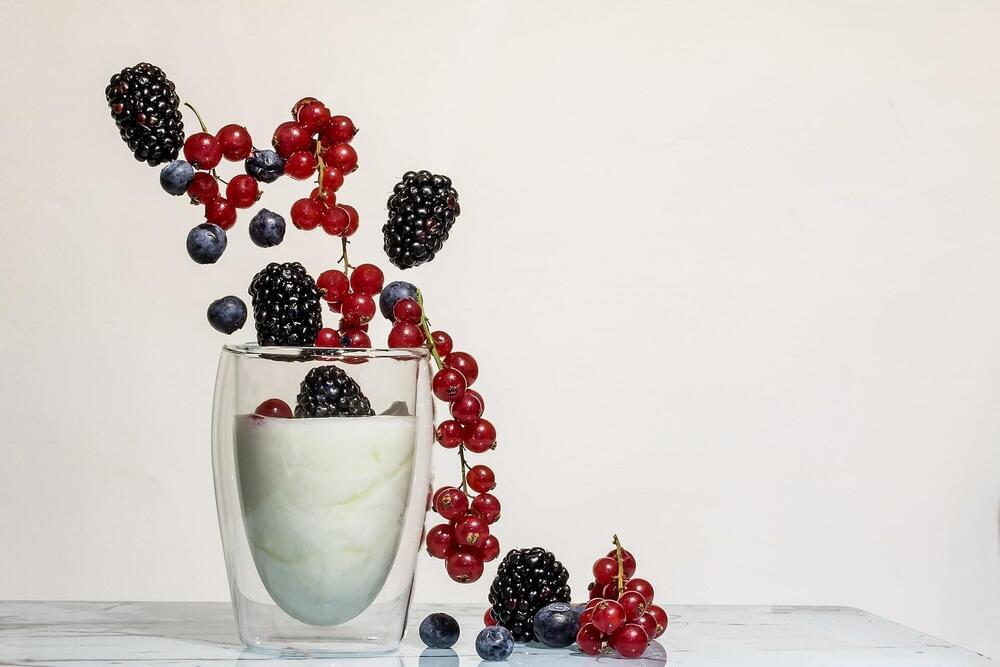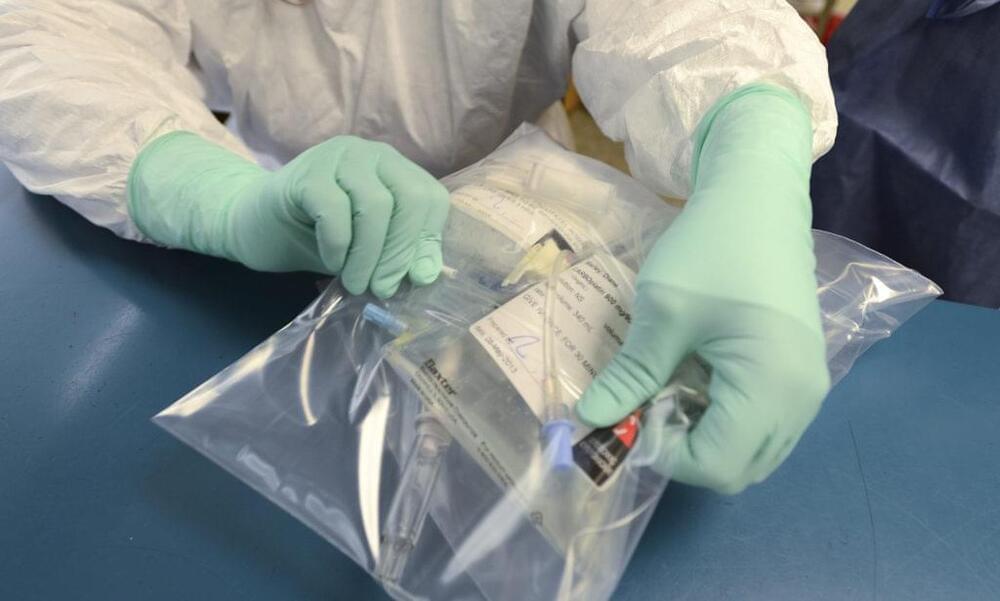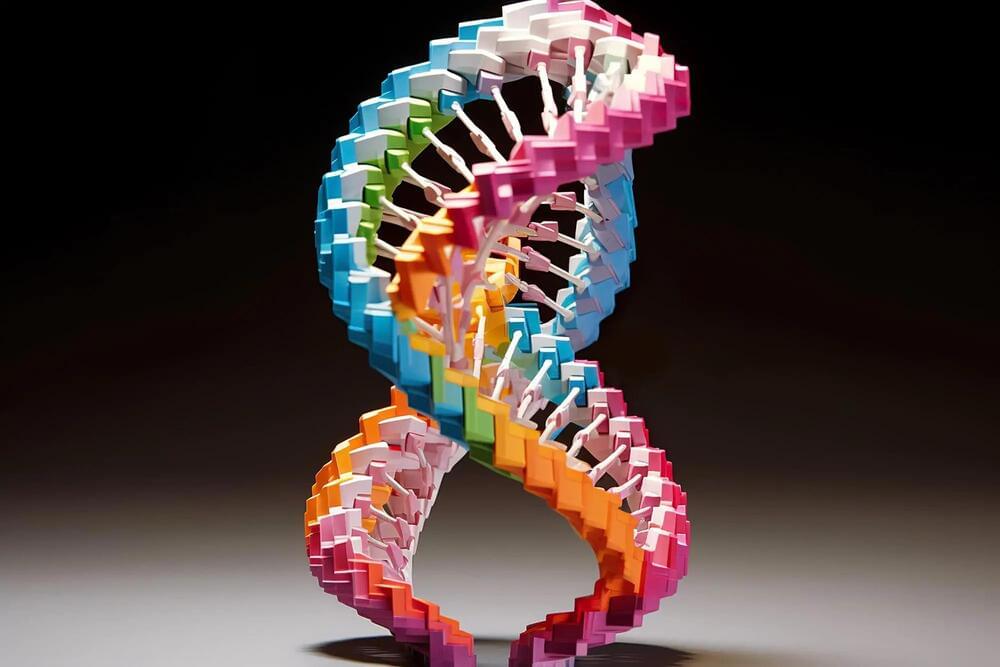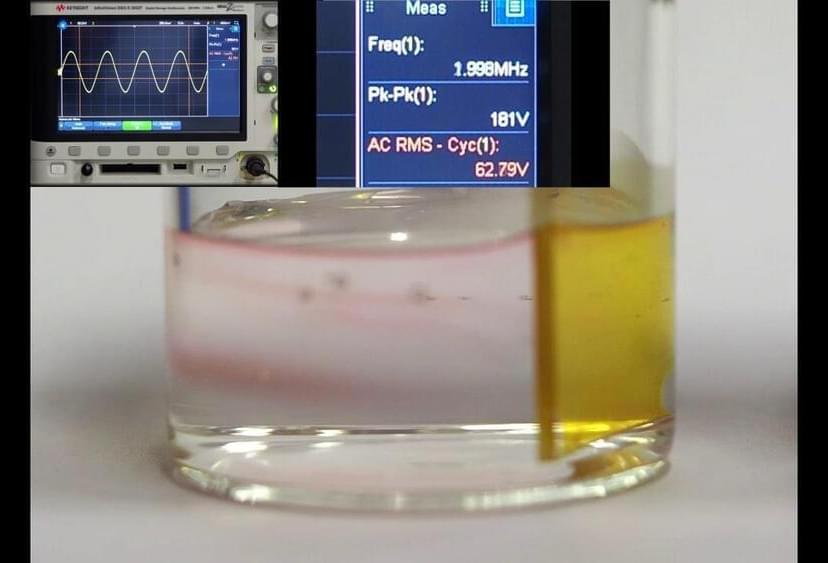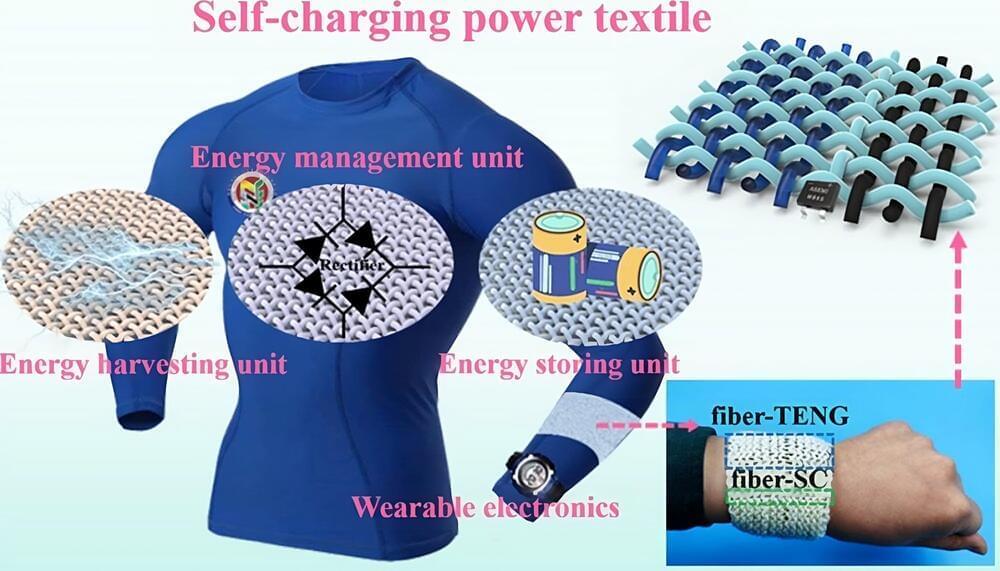Jun 23, 2023
Even a modest reduction in kidney function increases health risks in young adults, finds study
Posted by Shubham Ghosh Roy in categories: biotech/medical, health
A study of more than 8 million adults in Ontario, Canada suggests that even a modest loss of kidney function is associated with increased health risks. The study, published in The BMJ, could lead to better approaches to prevent chronic kidney disease and related conditions, particularly in younger adults.
“The dogma is that healthy, young adults don’t need to worry about kidney function unless it drops to around 50% of the normal level, but our research suggests that even a more modest 20–30% drop may have consequences and we may want to have earlier conversations about prevention and monitoring,” said senior author Dr. Manish Sood, senior scientist, nephrologist and Jindal Research Chair for the Prevention of Kidney Disease at The Ottawa Hospital and professor at the University of Ottawa.
The research team examined ICES health record data from 2008 to 2021 for every Ontario adult aged 18–65 who had at least one blood test for kidney function, but no history of kidney disease. They found that 18% of those in the 18–39 age group had kidney function that was modestly below normal levels, but not low enough to be diagnosed with chronic kidney disease. Individuals in this “gray zone” faced a modestly increased risk of kidney failure, death and cardiovascular events such as heart attack.


